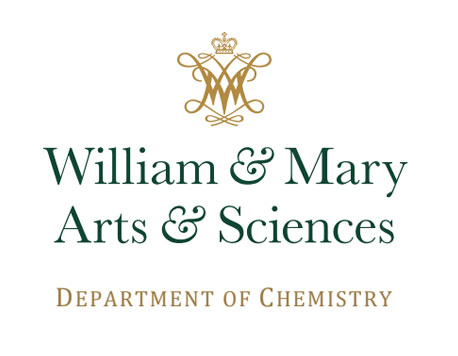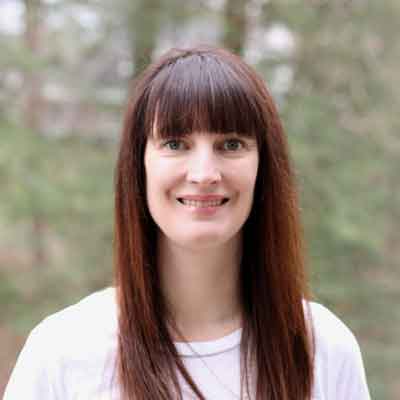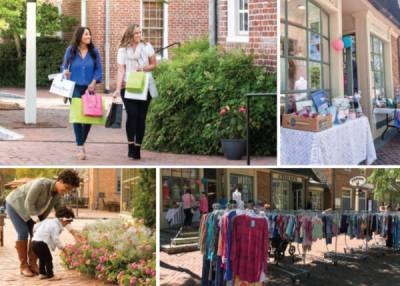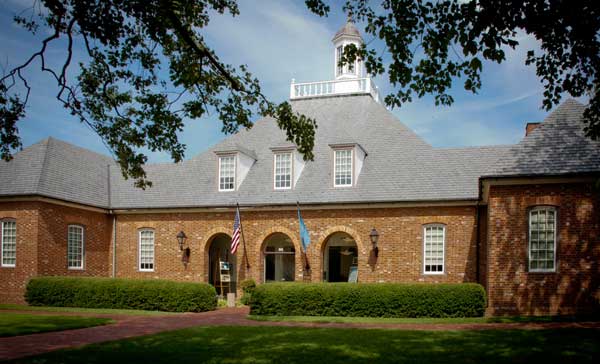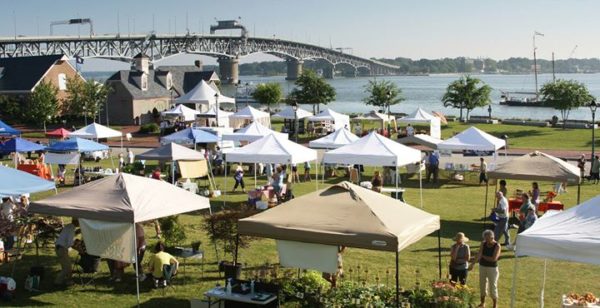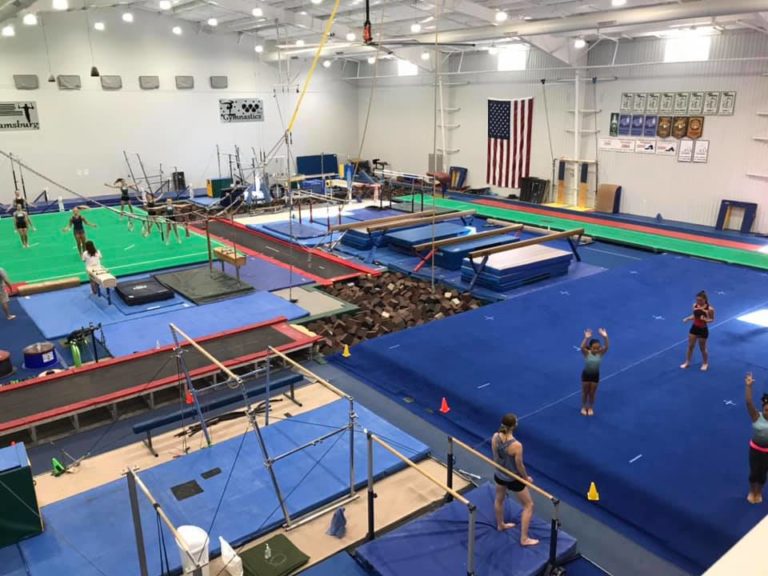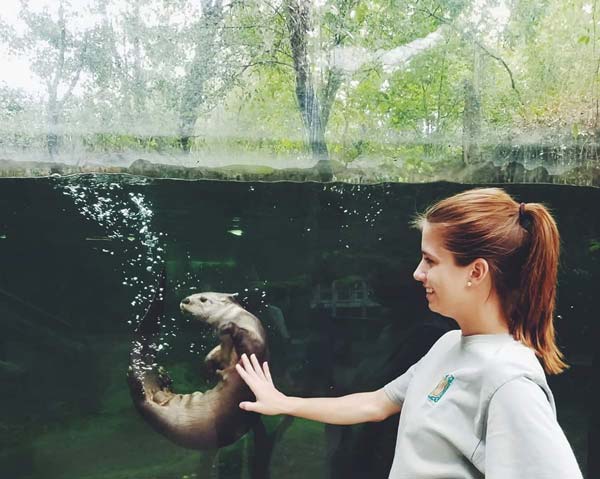A New Way to Stop the Spread of Viral Respiratory Infections – A Free, Public Lecture
A New Way to Stop the Spread of Viral Respiratory Infections
The Chemistry Department at William & Mary announces a free, public lecture by Dr. Richard Zare of Stanford University, on 31 March at 6 pm. Held in the Integrated Science Center, room 1221, at 540 Landrum Drive in Williamsburg.
Dr. Zare’s presentation, “A New Way to Stop the Spread of Viral Respiratory Infections,” explores the
mystery of seasonal variation in viral respiratory illnesses, such as influenza and COVID-19. Why, in temperate parts of the world, do respiratory diseases increase in winter but decrease in the summer? Research from the Zare Lab at Stanford University has found that relative humidity levels, the evaporation of aqueous microdroplets, and the presence of organic aerosol particles impact viral pathogen survival and therefore airborne transmission of viral disease. During a pandemic, research findings like these cannot be ignored as we all long for a safe return to “normalcy” in our daily lives.
“Hosting a scientist as renowned as Dr. Zare is an opportunity for our students and the community,” said Bob Pike, Chemistry Dept. Chair. “We are grateful to the Jean Dreyfus Lectureship for Undergraduate Institutions for their sponsorship for this event. It’s a part of an award from The Camille and Henry Dreyfus Fdtn. This funding enabled summer undergraduate research, in alignment with the Zare Lab’s sustainability focus.”
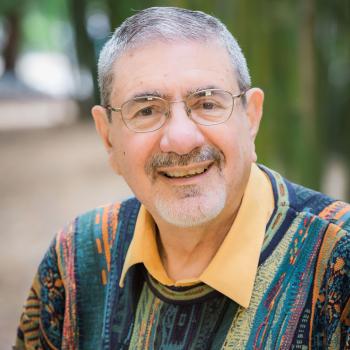
Dr. Richard Zare is the Marguerite Blake Wilbur Professor in Natural Science and holds Professorships in both the Departments of Chemistry and Physics at Stanford University. He has been awarded numerous honors, including the National Medal of Science and the National Academy of Sciences Award in Chemistry, and he is a fellow of the National Academy of Sciences and the American Academy of Arts and Sciences.
Current chemistry senior, Natalie Warren, was awarded Dreyfus undergraduate research funding. “My
investigation was inspired by the sustainability efforts of the Zare Lab,” she said. Her summer research
investigated wildfires and biomass burning, both release organic aerosol particles. “In order to develop
sustainability, specifically with respect to global climate, we must have a thorough understanding of this
important driver for global warming in the atmosphere,” her research proposal states.
W&M Chemistry is grateful for this funding and is honored to offer this public lecture on 31 March starting at 6 pm in the Integrated Science Center room 1221, 540 Landrum Drive. Refreshments available at 5:30 pm and free on-campus parking is reserved for this event. Questions? 757-221-2540 or chemistry@wm.edu.









